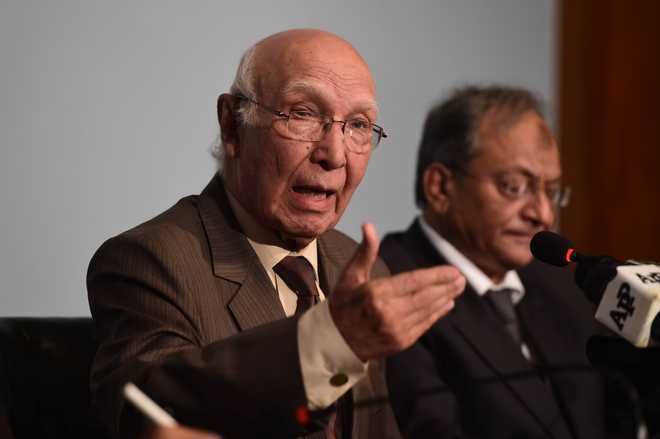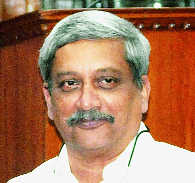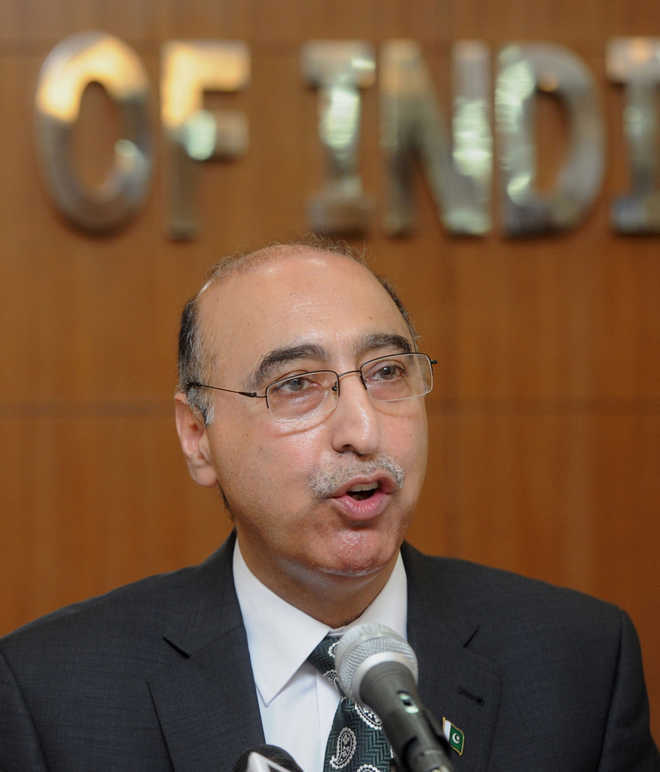
The message has been conveyed to Pakistan. Thinkstock
Washington, October 1
The United States has strongly objected to threats of nuclear warfare made by Pakistan against India and has conveyed its displeasure to that country in this regard.“We made that (American objection on nuclear threat) clear to them (Pakistan). Repeatedly,” a senior State Department official said.The official who spoke on condition of anonymity, however, would not reveal the level at which the message was conveyed to Pakistan.
(Follow The Tribune on Facebook; and Twitter @thetribunechd)
“It is very concerning. It is a serious thing,” the official said when asked about Pakistan Defence Minister Khawaja Asif’s assertions, twice in the past 15 days, that his country could use nuclear weapons against India. “We will destroy India if it dares to impose war on us,” Asif had told a Pakistani news channel in his latest interview. “Pakistan army is fully prepared to answer any misadventure of India,” he had said.“We have not made the atomic device to display in a showcase. If such a situation arises we will use it (nuclear weapons) and eliminate India,” Asif had said.The statements raised eyebrows in the Obama Administration and are seen as “irresponsible” behaviour by top Pakistani leadership.In a tacit acknowledgement that it has concerns over the safety of nuclear weapons in Pakistan, the official said the US is closely monitoring the safety and security of those weapons of mass destruction.“The safety of these weapons is always a concern for us. So we are always monitoring it, regardless of what they said on this particular occasion,” said the State Department official.Meanwhile, Deputy State Department Spokesman Mark Toner told reporters at his daily news conference that nuclear-capable states had “a very clear responsibility to exercise restraint regarding nuclear weapons and missile capabilities”.The United States, meanwhile, continued to urge both India and Pakistan to take steps to de-escalate tension following the Uri terror attack.“At the same time, we have made it very clear that what happened in the Indian army base (Uri) is an act of terror,” the senior State Department official said. According to another official of the department, “everyone knows” where the perpetrators of the Uri terrorist attack came from.At his news conference, Toner said the US continued to follow the situation on the ground very closely.“From our perspective, we urge calm and restraint by both sides. We understand that the Pakistani and Indian militaries have been in communication and we believe that continued communication between them is important to reduce tensions.“I think we certainly don’t want to see any kind of escalation and certainly any kind of break in that communication. We have repeatedly and consistently expressed our concerns regarding the danger that cross-border terrorism poses for the region, and that certainly includes the recent attacks–terrorist attacks in Uri,” he said.“We continue to urge actions to combat and de-escalate–and delegitimise terrorist groups like Lashkar-e-Taiba, Haqqani Network, as well as Jaish-e-Mohammad,” Toner said. PTI














































































































